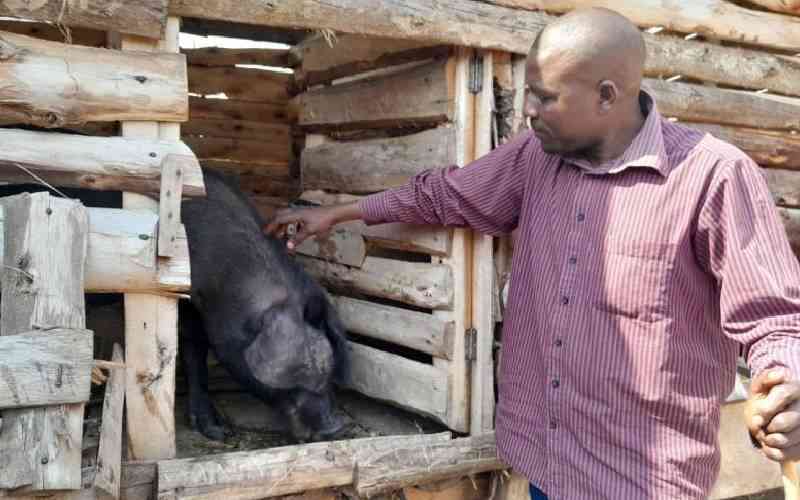×
The Standard e-Paper
Fearless, Trusted News

Julius Tumushabe vividly recalls the two nights he spent in the wilderness after a hunting spree turned into an endless nightmare. He was then a poacher.
But surviving by a whisker inside Queen Elizabeth National Park in Western Uganda, is an experience the 42-year-old father of eight, would not wish on his worst enemy.